If we work together, we can change direction.
Climate Emergency
Few people are willing to acknowledge the climate emergency situation we are in. Our emissions are still rising and we will exceed our Paris emissions target by up to 1 billion tonnes. We need to rapidly reduce emissions now to reach net zero emissions by 2040. The scale of the task is enormous but the longer we wait, the greater the danger and the cost. Even this may not be enough to keep temperatures to 1.5°C. Greenhouse gases stay in the atmosphere from a few years to centuries and, except for increasing vegetation cover and forests, we have no way to remove them. Scientists are concerned that we may reach tipping points where run-away temperature rises occur to which we have no answers. The consequences for ourselves, our children and all living things on earth would be catastrophic. We can have a bright future but we have to change our thinking, treat this as a life-threatening situation and make the changes now.
This website is packed with content to help you spread the word that we need to take urgent action against climate change.
Check out the resources, and support this campaign by sharing them with your extended networks.
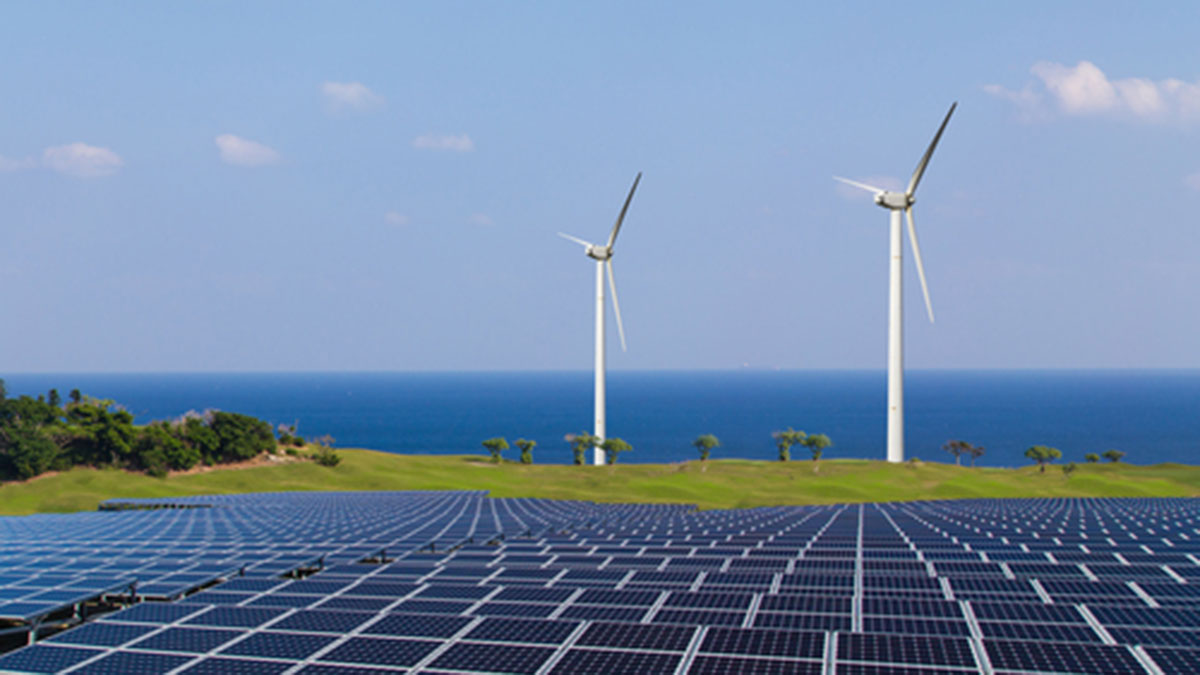
Coal, oil and gas are dirty, polluting and destroy communities.
Let’s power our future with solar and wind. There’s no reason to wait.
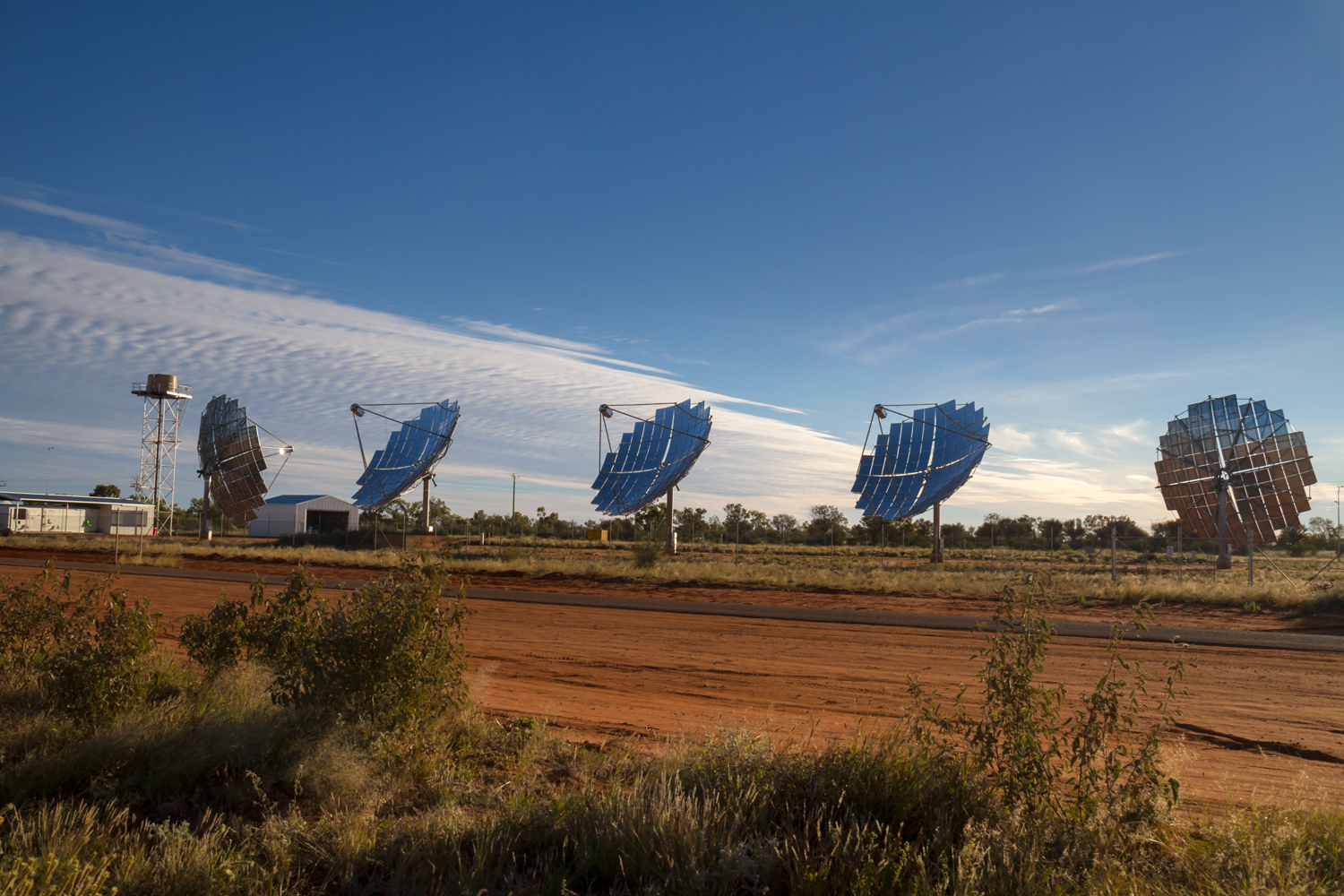
Let’s help our farmers grow food in a hotter world
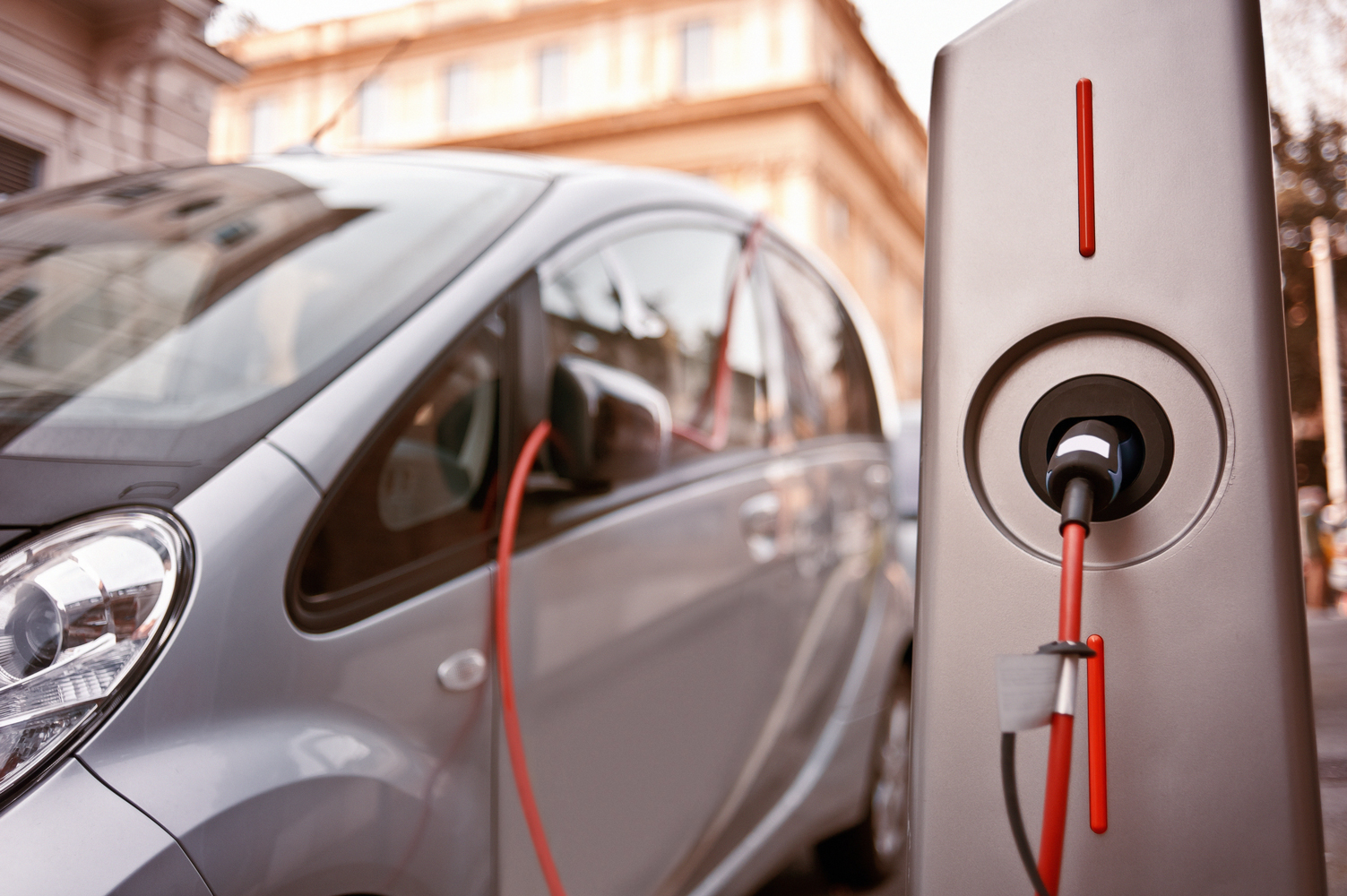
A new economy that works for everyone
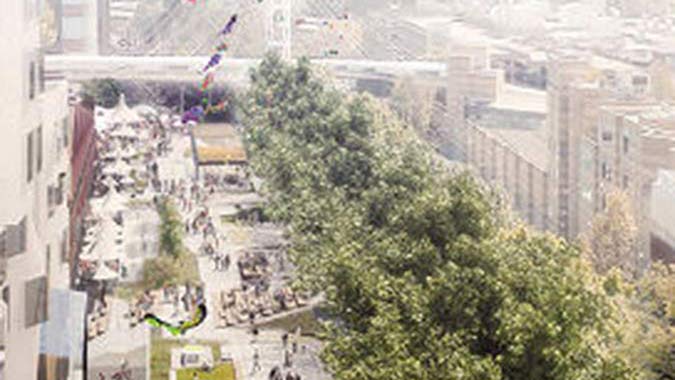
Our community’s future
Temperatures will be highest in the western suburbs of Sydney and in rural and regional areas. The impacts of climate change will disproportionately affect the people who will be least able to cope and who have contributed the least greenhouse gas emissions. We are also burdening our children with a disaster not of their making.
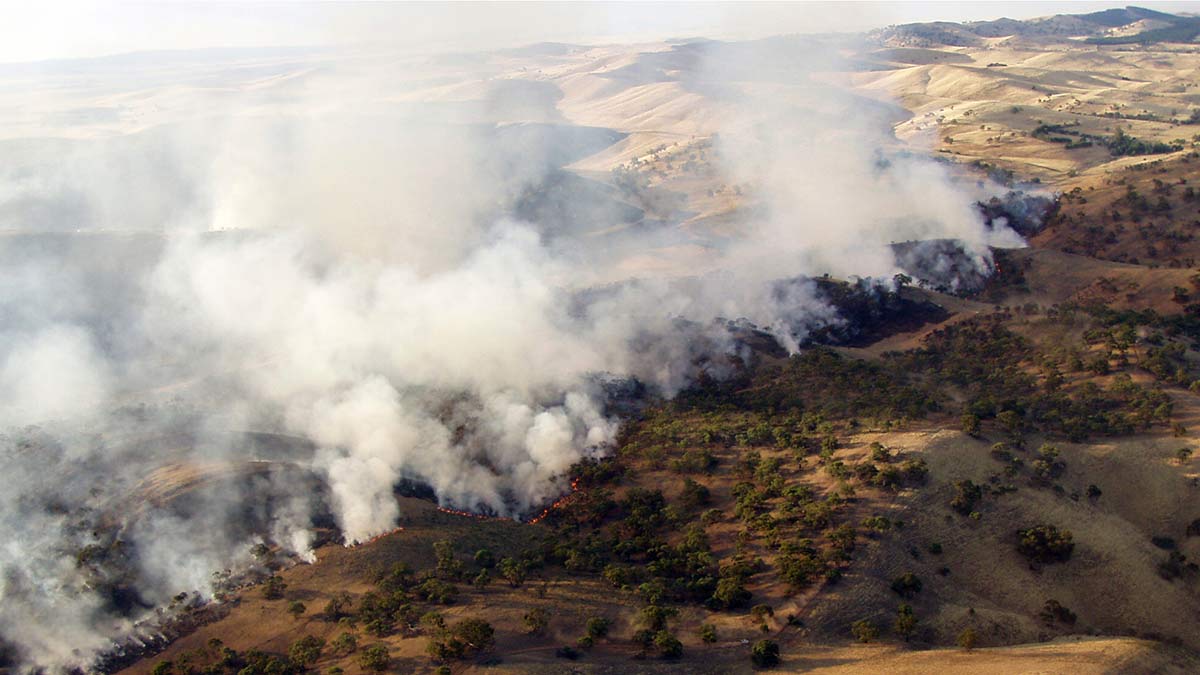
Extreme Weather
Extended bushfire season, increased soot, severity of fires, insurance risk, danger to humans, stock, wildlife and infrastructure.
Changing course now can slow down climate change and avoid the worst impacts.
Better buildings, better cities and better community decisions
With more tree cover, less energy use and insulated, well designed buildings we combat climate change and live better.
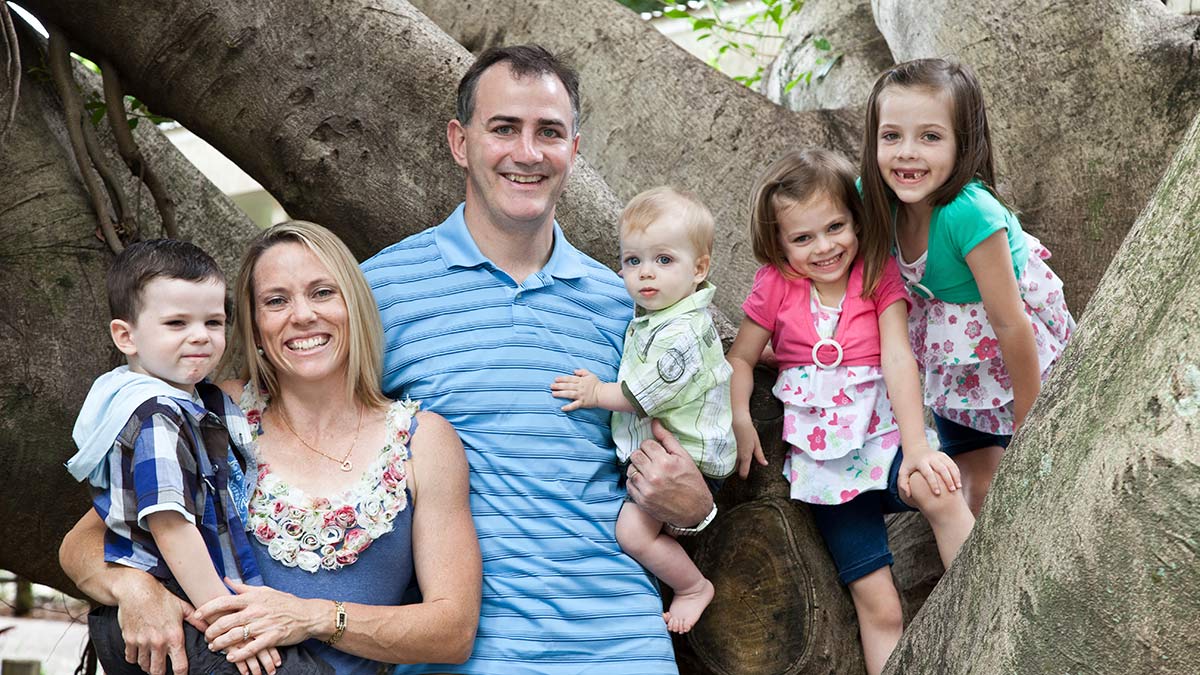
Your family’s wellbeing is our concern
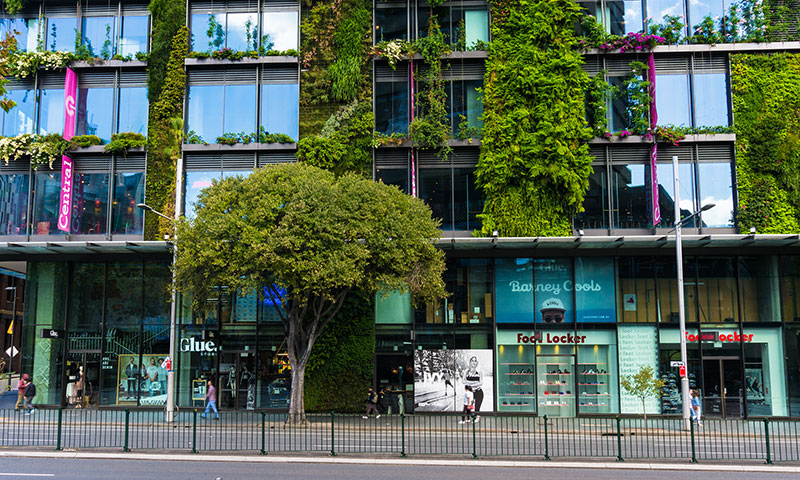
Let’s change our transport future
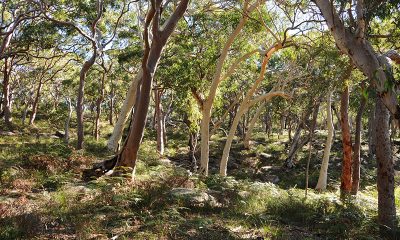
Let’s work with our indigenous peoples to find solutions
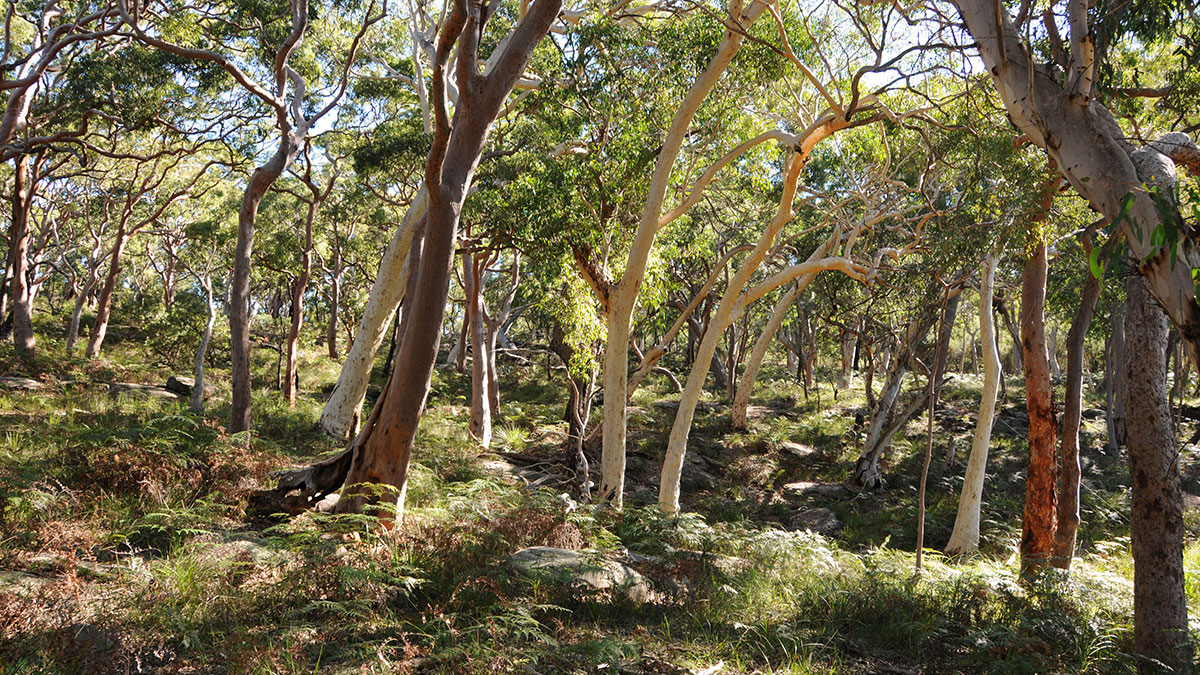
Other living things
We are already in a mass extinction period due to human actions. Climate change will make it much worse.
Protect living things and store carbon
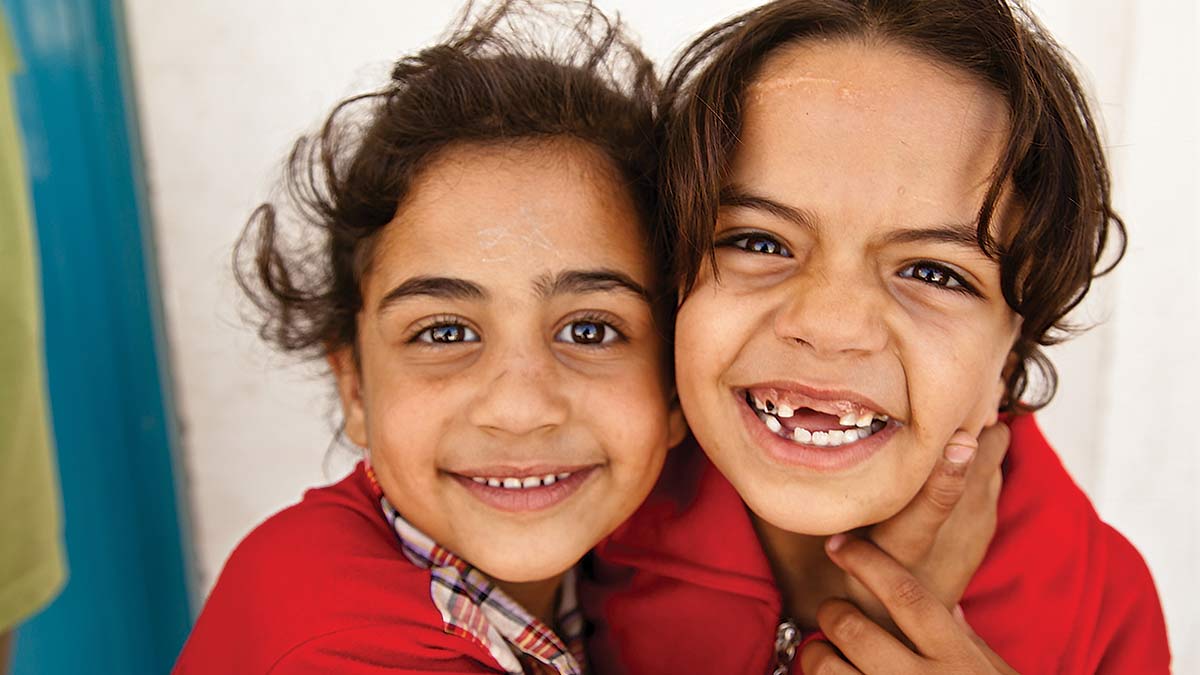
It’s not just us
disruption, migration and insecurity
Uncertainty will affect the global economy.
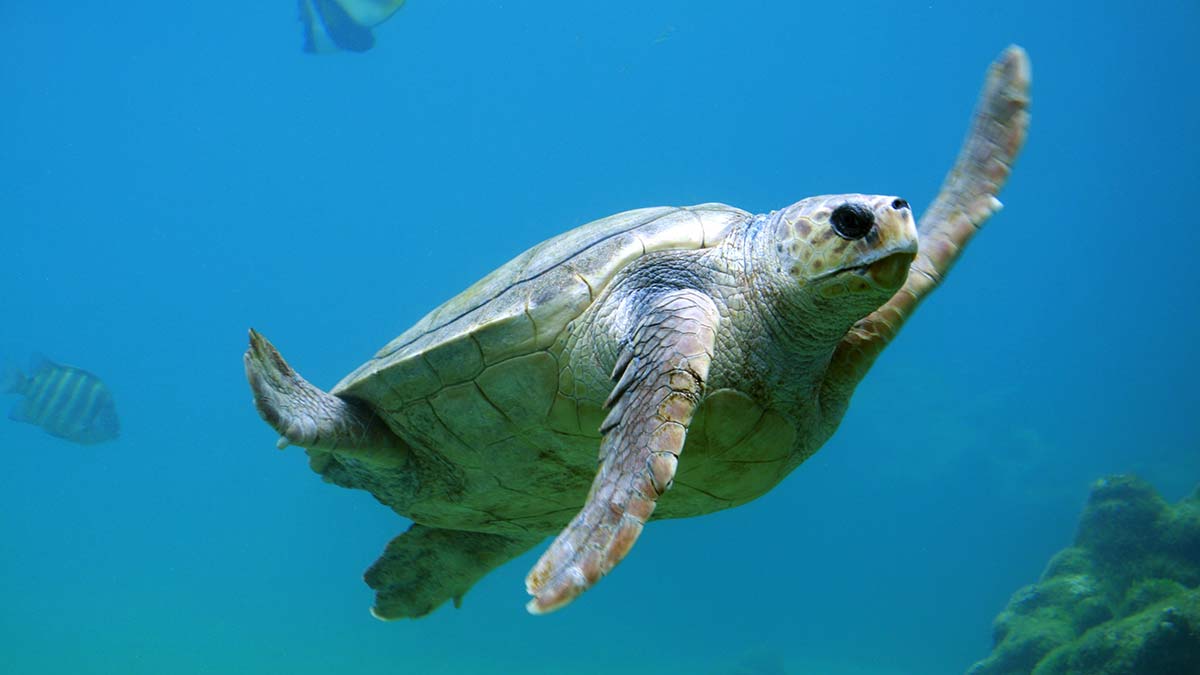
Let’s help protect our reefs and oceans
Our marine environments and our reefs are precious and need our help. We can all spread the message and urge our decision-makers to take action.
Let’s power our future with solar and wind.
There’s no reason to wait.
Read about the Greens’ climate change and energy policy
Let’s choose a new economy that works for everyone
There are exciting opportunities in a green economy. New ways to generate electricity, new transport options, new technologies producing low carbon products and finding new ways to re-use or recycle old ones will all generate jobs.
Vulnerable people and those on low incomes will be hardest hit under current policies. Planning for climate change should mean protecting those least able to cope and providing them with the same opportunities open to everyone else. Reducing waste and over-consumption saves money. Most important of all, it increases our wellbeing which reduces health costs. The alternative – heatwaves, floods and bushfires, reduced food security, and increasing stresses on jobs, infrastructure and our environment – all increase costs to the community. Insurance premiums will soar. We can avoid that scenario by rapidly transitioning away from fossil fuels, reducing other emissions, especially methane, and prioritising the sound solutions the Greens offer as a matter of economic urgency.
Our community’s future – economy and social equity
Temperatures will be highest in the western suburbs of Sydney and in rural and regional areas. The impacts of climate change will disproportionately affect the people who will be least able to cope and who have contributed the least greenhouse gas emissions.
They are less able to afford PV panels on their roof, energy efficient housing, more efficient home appliances or new electric vehicles, for example. Lower socio economic groups will be less able to insure themselves against floods, fires and bushfires, or the extra health costs they may incur. We are also burdening our children with a disaster not of their making. In the medium term we will miss out on the huge opportunities available in renewable energy, energy efficiency and all the new technologies we could develop to reduce emissions and address the impacts. If we don’t rapidly reduce emissions, the cost of both reducing emissions and coping with impacts will continue to increase and the uncertainty will be detrimental to economy.
Let’s change our Transport Future
A safe and user-friendly public transport system would not only make travel easier but also reduce pollution. Well planned and integrated transport systems that are accessible in our suburbs and country towns as well as in city centres are essential public services.
Public transport, electric vehicles, walking and cycling make travel easier and reduce pollution at the same time.
We can plan our transport future with electric vehicles, high speed trains and public transport that is accessible to everyone. New roads clog up quickly and are not the answer so let’s change direction and build systems that works for people and businesses and reduce pollution at the same time. It’s good for us and good for the planet.
We can plan our transport future with electric vehicles, powered by solar and wind energy, including delivery trucks. We can introduce more effective emissions standards for our vehicles. Air travel is polluting and travellers should have the option of fast and efficient inter-city train services instead. Our rail network can be brought into the 21st century, including a modern freight system that meets business needs with efficient goods transfer, and less polluting, state of the art, engines. Coastal shipping should operate in the public interest. Development of low carbon fuels is essential. Walking and cycling are great ways to stay healthy so let’s make them safe for us and our children. Our buses should be able to carry bicycles. New roads clog up quickly and are not the answer so let’s change direction and build systems that works for people and businesses and reduce pollution at the same time. It’s good for us and good for the planet.
Let’s protect our reefs and oceans
Our marine environments and our reefs are precious and need our help. We can all spread the message and urge our decision-makers to take action.
Why the Great Barrier Reef and our Oceans need your action now
The Great Barrier Reef is a natural wonder and provides tens of thousands of jobs – 67,000 in 20141 – in tourism, recreation and fishing but it was devastated in 2016 and 2017 by coral bleaching driven by climate change. Many corals cannot survive prolonged periods of high water temperatures and in 2016, 67% of corals in the northern reef died. In 2017, the central section was affected. Recovery is unlikely if bleaching occurs frequently. Our oceans are also absorbing more carbon dioxide, causing increased acidity which impacts shell fish. Our oceans are already under stress from chemical and fertilizer run-off, from synthetic fibres and plastic waste. Warming waters and acidification increase the stress. The effects on our precious marine ecosystems will be increasingly severe and unless emissions are rapidly reduced, the future of the Great Barrier Reef looks grim2. We want our children to be able to enjoy these precious places just as we have.
1 Queensland Government, Great Barrier Reef Economic Value
2 Hughes TP et al. (2017) Global warming and recurrent mass bleaching of corals. Nature, 543: 373-377 cited in Steffen, W et al., The Critical Decade 2017, Climate Council of Australia Limited.
Your family’s wellbeing is our concern
There are exciting opportunities in a green economy. New ways to generate electricity, new transport options, new technologies producing low carbon products and finding new ways to re-use or recycle old ones will all generate jobs.
Vulnerable people and those on low incomes will be hardest hit under current policies. Planning for climate change should mean protecting those least able to cope and providing them with the same opportunities open to everyone else. Reducing waste and over-consumption saves money. Most important of all, it increases our wellbeing which reduces health costs. The alternative – heatwaves, floods and bushfires, reduced food security, and increasing stresses on jobs, infrastructure and our environment – all increase costs to the community. Insurance premiums will soar. We can avoid that scenario by rapidly transitioning away from fossil fuels, reducing other emissions, especially methane, and prioritising the sound solutions the Greens offer as a matter of economic urgency.
Your family’s wellbeing is our concern
Pollution from coal mines and transport, diesel emissions and power stations and increased ozone in our cities due to increasing temperatures, is detrimental to our health. Our children breathe in pollution every day. Extreme heat, especially in prolonged heatwaves, kills people and exacerbates existing health problems. Add text: Extreme heat events have caused more deaths in Australia than all other natural events combined1. Governments are not keeping up and continue to gobble up green space needed for active living and respite. Climate change will only add to the pressures. Priorities need to change and fast.
More extreme events such as bushfires, floods and heatwaves will be more frequent and more severe. They all have disastrous immediate and long-term health consequences. Food production is more uncertain in a hotter climate with consequences for food supply and nutrition. So let’s change course and avoid the scenario spelled out by Professor Peter Doherty Nobel Laureate for Medicine:
Without urgent action on climate change, the conditions that underpin the health and well-being of the human population will be greatly diminished in coming decades, and may only be available to a small number of people living in a few parts of the planet by the end of this century.
Let’s help our farmers
grow food in a hotter world
Agriculture contributes around 13% of our greenhouse pollutants, particularly methane and nitrous oxide. Clearing vegetation and industrial agriculture cause increased emissions while our farmers are coping with increasingly unpredictable and severe weather events – droughts, floods, heatwaves, and bushfires. We can grow nutritious food and reduce emissions but we need to move quickly.
Firstly let’s stop wasting our food
Let’s not leave fruit rotting on the farm and ensure that unsold food goes to people who need it, not to the tip. Let’s eat less meat, particularly sheep and cattle. Alternative feeds and improved pasture practices help reduce methane production.
Let’s help our farmers move to sustainable farming methods
That way they can produce as much, or more, than more common methods. Let’s put carbon back into the soil. It’s good for plants and for soil moisture.
We all want our rural and regional communities to thrive so let’s help them to adapt to a carbon-constrained world and take advantage of the many emerging opportunities that will bring.
Where we’re heading
Extreme Weather
Global temperatures have already increased by 1oC and that is already changing our weather, breaking records for hot days, increasing rainfall in some areas, decreasing it in others and bringing frost where there was none before. Extreme events will increase – droughts, floods and bushfires. More severe storms and sea level rise will eat away at our coasts causing damage to beaches and buildings and causing flooding. Farmers will find it harder and harder to plan for such unpredictable weather and disruptions to our food supply and farmers’ livelihoods will increase. Our plants and animals will find it increasingly hard to cope. Many will die and more and more species will disappear. It’s a grim prospect that doesn’t need to happen. Changing course now can slow down climate change and avoid the worst impacts.
Let’s change our priorities and take action on climate change.
Bushfires and droughts
Extended bushfire season, increased soot, severity of fires, insurance risk, danger to humans, stock, wildlife and infrastructure.
Climate change is happening and the impacts will become increasingly worse. A NSW government website says “Average and severe fire weather is projected to increase in NSW in the future.
” These increases will mainly occur in spring and summer closer to the coast but “are projected to occur across all seasons” in the west of NSW. These increases “suggest that when fires do occur, they will be harder to control.”1
The bushfire risk is likely to increase, especially in temperate forested areas2 and the bushfire season is already getting longer3. Droughts are likely to increase in the south of NSW as rain-bearing fronts continue to move northward. The risks for people, particularly our farmers are high. Insurance costs may be unaffordable or unavailable and public infrastructure will be damaged causing disruption to our communities. The suffering of livestock and other animals in bushfires is heartbreaking. The insanity of not reducing emissions to slow down climate change and reduce these risks is beyond comprehension.
Protect living things and store carbon
We can change course and share the world rather than exploit it.
Where we’re heading
Unable to adapt to the changing climate fast enough, exosystems are being disrupted and living things are becoming extinct at a massively accelerated rate.
Many plants and animals have evolved to live in a narrow range of conditions within a particular ecosystem. Plants and trees cannot move when conditions change and animals that rely on them are forced to stay in a deteriorating environment. Heat and extreme weather events threaten the breeding and regeneration cycles of plants and animals1. Many invasive plants and pests such as cane toads are likely to flourish in a hotter climate1. Native animals such as the mountain pygmy possum and the koala are already suffering from climate change1. The disruption to ecosystems is complex and while some species can adapt, many cannot. More carbon dioxide decreases the nutritional value of plants and trees and will affect the long term survival of the ecosystems that rely on them1.
We are already in a mass extinction period due to human actions. Climate change will make it much worse.
Let’s work with our indigenous peoples to find solutions
Indigenous peoples have lived in Australia and managed its landscapes for more than 60,000 years. Indigenous knowledge systems include a complex and intimate knowledge of Country interconnected to Indigenous worldviews and cultural practices. Changes to climate are not new to Indigenous communities, and have and continue to be incorporated into Indigenous knowledge systems. However, the current and rapid rate of degradation of landscapes and ecosystems may adversely affect Indigenous communities and cultures, and the ability of some people to continue living on Country.
Indigenous participation and leadership in finding solutions to climate change is essential.
Successful projects in parts of Australia – such as the West Arnhem Land Fire Abatement (WALFA) scheme – have highlighted the ways in which local Indigenous knowledge can be drawn upon in a culturally appropriate way to deliver diverse outcomes related to the sustainable health of Country and the reduction of greenhouse gas emissions. More can and must be done.
